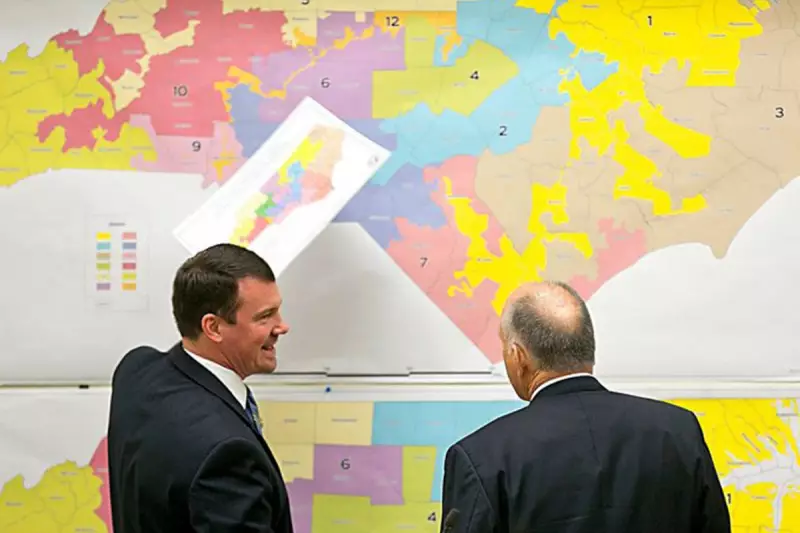
In a move that has ignited political fireworks, Republican legislators in North Carolina have pushed through a radically redrawn congressional map that could dramatically reshape the state's political landscape for years to come.
Partisan Battle Reaches Fever Pitch
The newly approved district boundaries, passed along strict party lines, are projected to hand Republicans as many as 11 of the state's 14 congressional seats in upcoming elections. This represents a seismic shift from the current 7-7 split between Republicans and Democrats.
Democratic representatives and voting rights advocates have condemned the move as blatant partisan gerrymandering, arguing it deliberately dilutes the voting power of minority communities and Democratic-leaning urban areas.
Legal Challenges Loom Large
Opposition groups have already signalled their intention to mount legal challenges against the map, setting the stage for another high-stakes courtroom battle over electoral boundaries. Previous North Carolina maps have faced repeated judicial scrutiny, with courts striking down several Republican-drawn districts over the past decade.
"This isn't about fair representation—it's about raw political power," declared one Democratic lawmaker during heated floor debates. "They're carving up communities to serve their political interests, ignoring the will of the people."
National Implications
The North Carolina redistricting fight carries significant national consequences, potentially strengthening Republican efforts to maintain control of the US House of Representatives. With several competitive districts now likely becoming Republican strongholds, the map could play a decisive role in determining which party holds the congressional majority after the next election cycle.
Republican leaders defend the new boundaries as legally sound and constitutionally compliant, arguing they simply reflect the state's underlying political preferences. "This map follows traditional redistricting criteria and complies with all state and federal laws," asserted the Senate Redistricting Committee chairman.
As the legal and political battles intensify, North Carolina finds itself once again at the epicentre of America's ongoing struggle over voting rights and electoral fairness, with the outcome likely to reverberate far beyond state borders.





